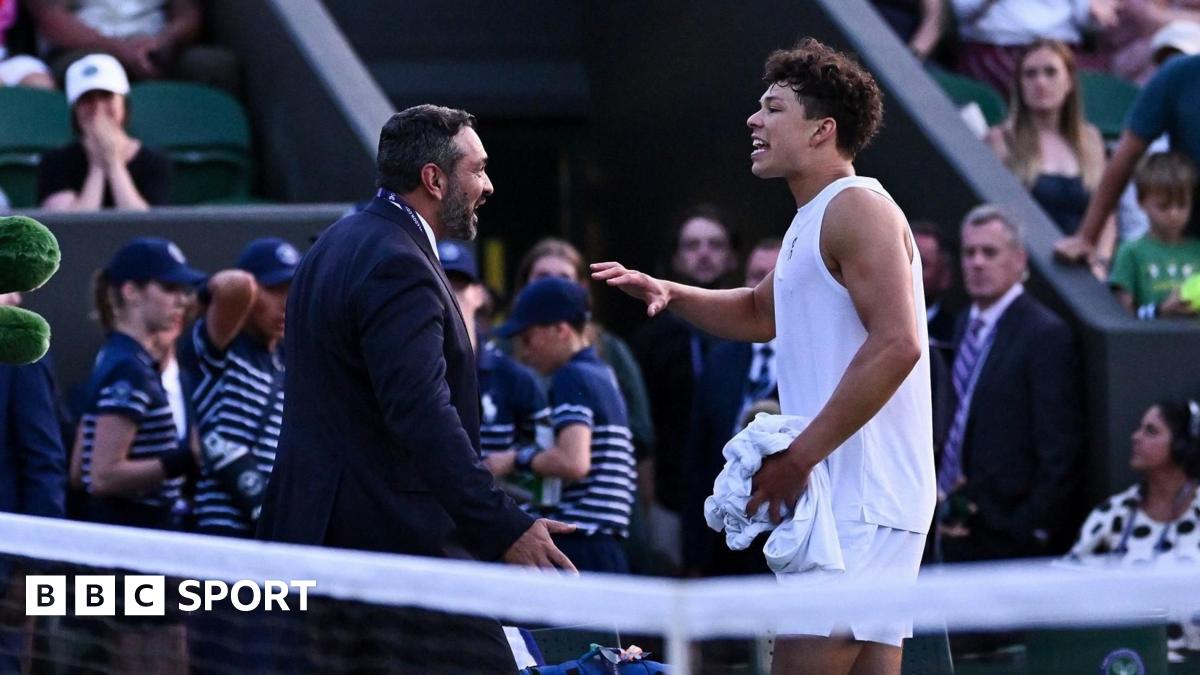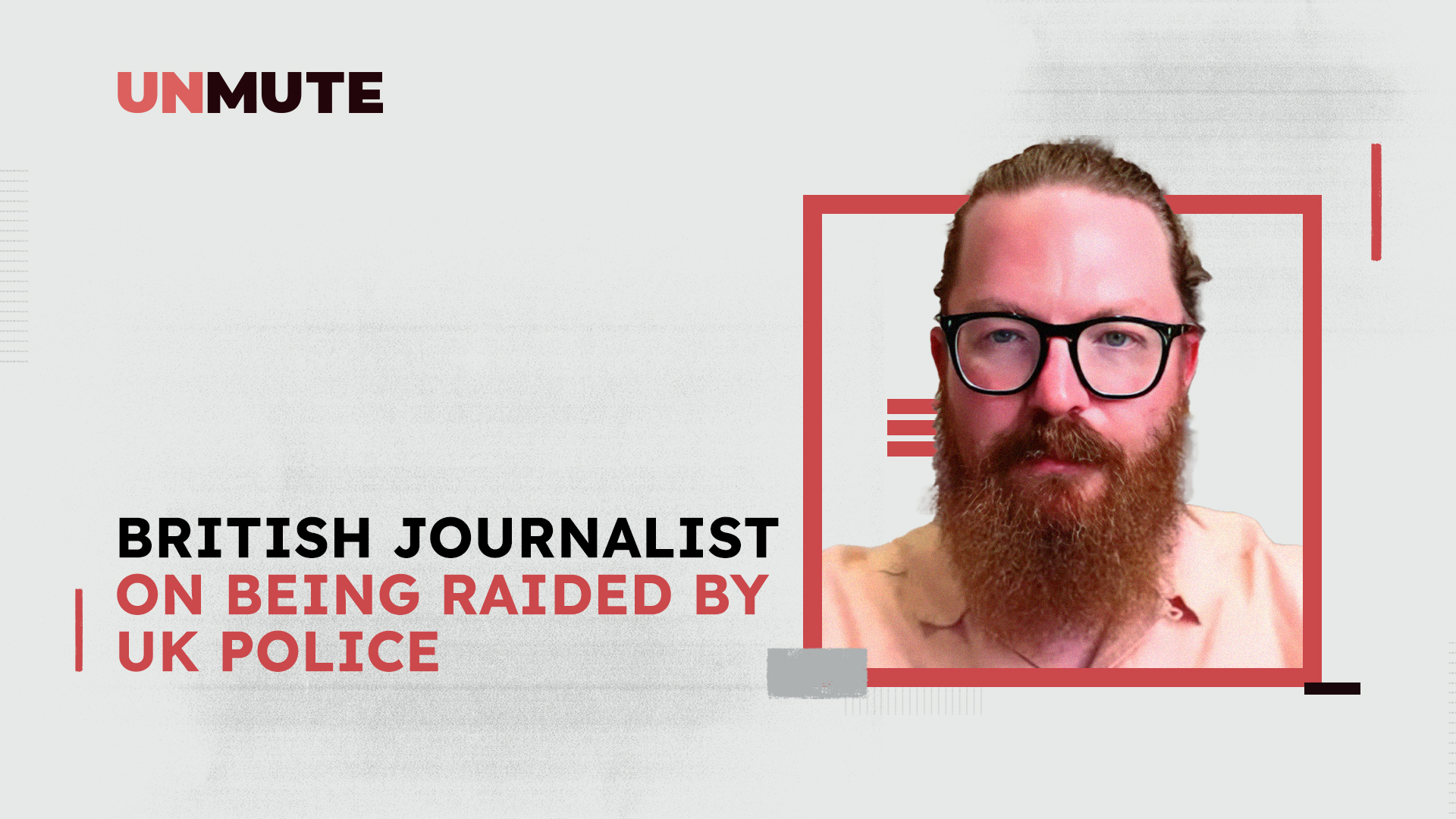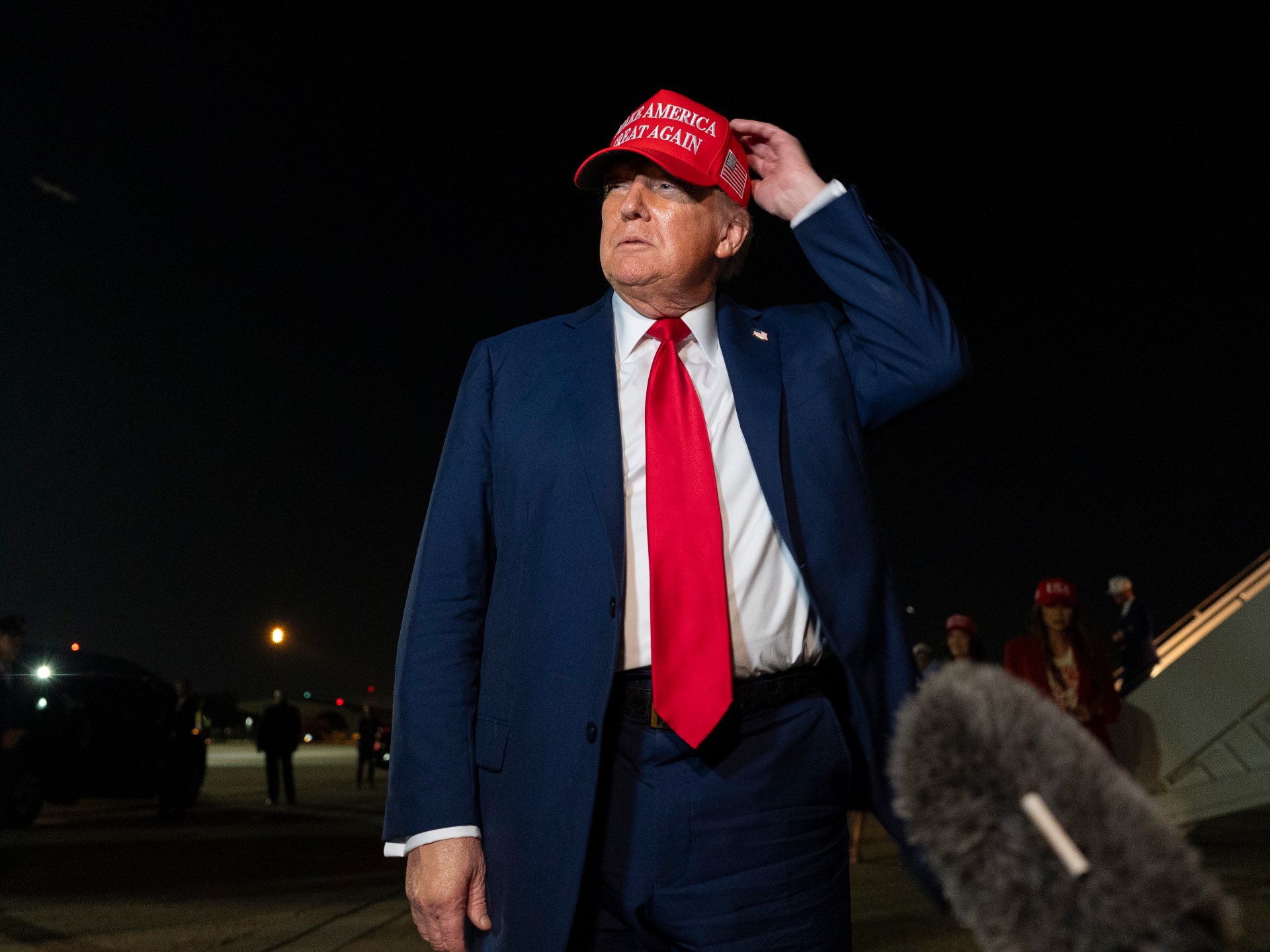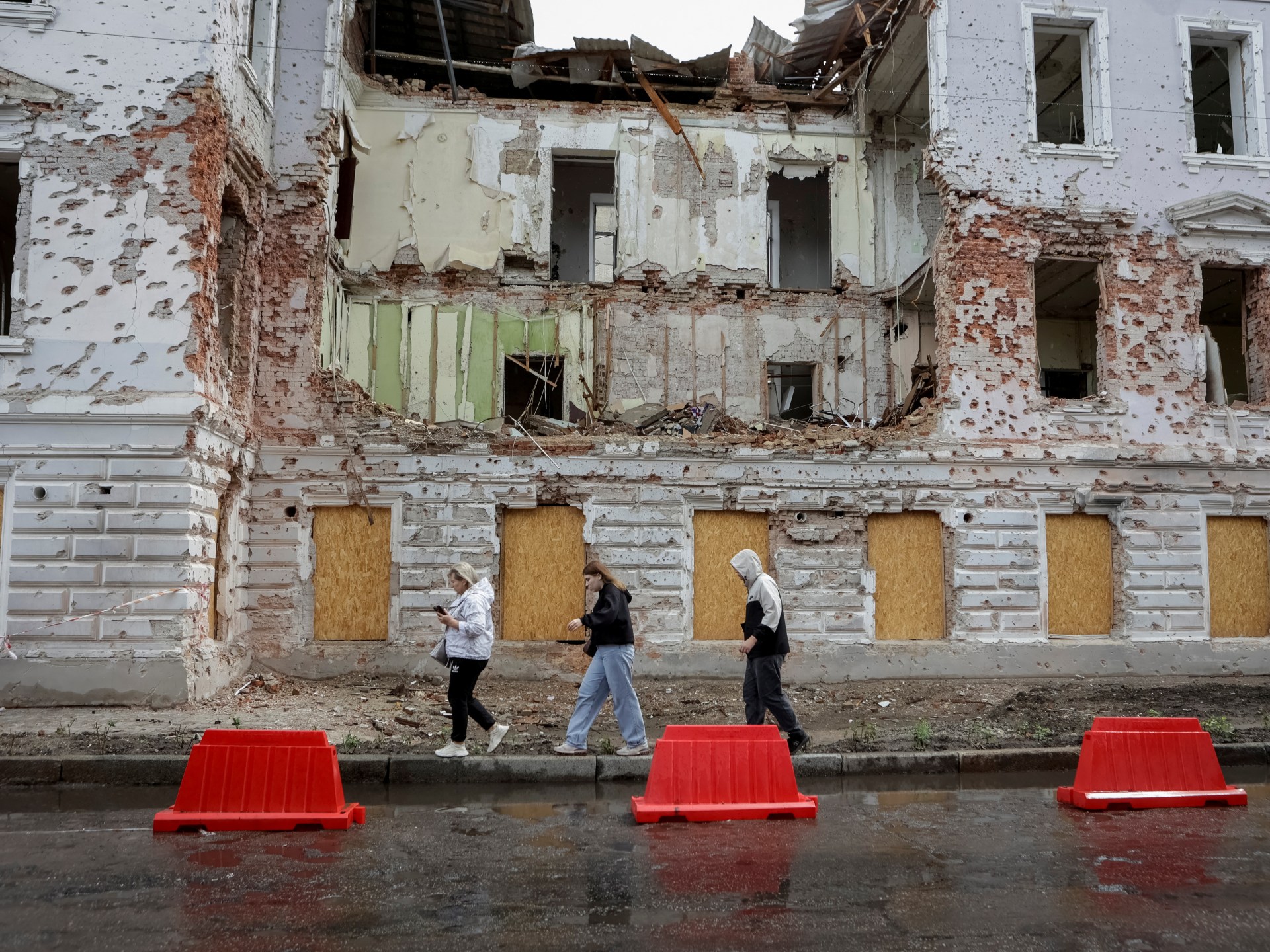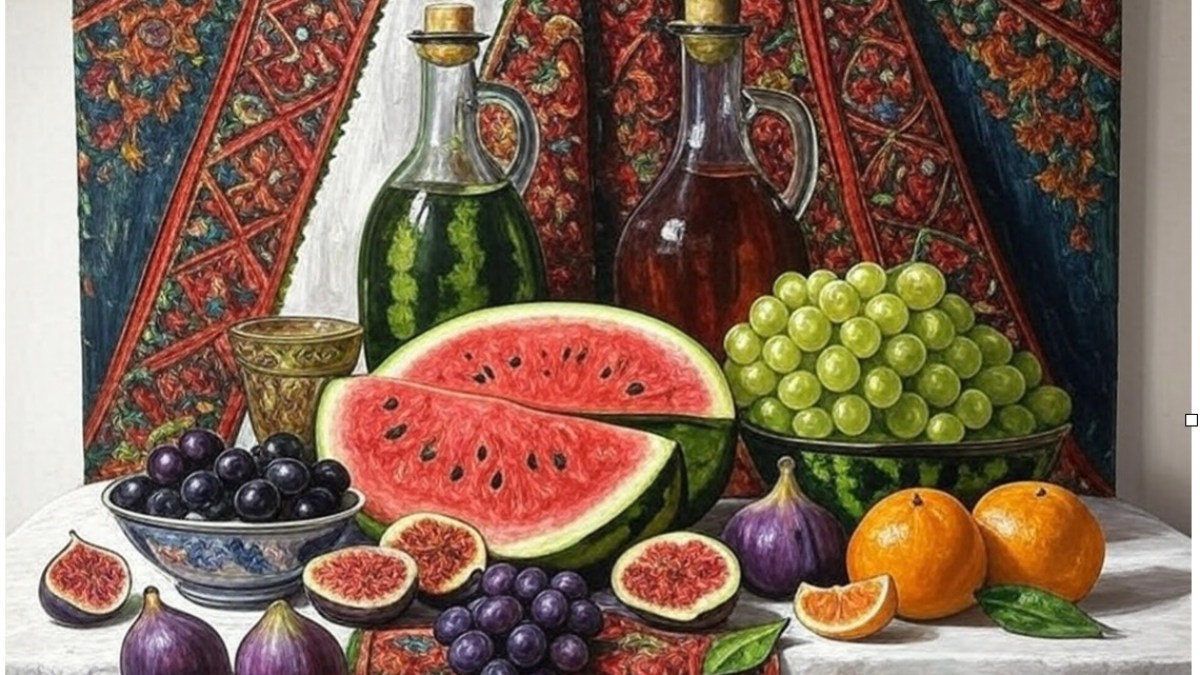The New York Times reported on June 16 that Zimbabwe, the country I live in, is one of the potential new additions to his travel ban list, which would likely include as many as 36 other African nations.
A proclamation barring citizens from 12 nations from entering the US had been passed by Trump a day prior. Seven of them are African, including Sudan, Equatorial Guinea, Eritrea, Libya, Somalia, and Chad.
Additionally, he placed some travel restrictions on people from Venezuela, Burundi, Cuba, Laos, Sierra Leone, Togo, Turkmenistan, and Burundi rather than a complete ban. Citizens from these countries are prohibited from permanently relocating to the US or from obtaining tourist or student visas.
Trump is retaliating against immigration, as promised on the campaign trail.
For the first time in my life, I now have to deal with the extraordinary prospect of being denied entry to the US, which many of my friends and family members call home.
For instance, my cousin, Dr. Anna Mhaka, completed her medical studies and only practiced in the US. Former classmate Spencer Matare is a US citizen who has resided in Indianapolis for more than 20 years.
Anna and Spencer are diligent, law-abiding members of US society, just like millions of others, despite the Trump administration’s political grandstanding and denigration of illegal and legal immigrants.
Many people in Africa, I know, are hoping to follow their footsteps, and Trump’s construction of more migration barriers alarms them.
I’m not one of them, though.
I have never felt the need to travel to America, let alone live there, since graduating from the University of Cape Town in 1997.
I am aware that this makes me somewhat peculiar.
I come from a time and place where the West was romanticized through the lens of an Anglicized upbringing. The lasting legacy of French, Portuguese, Spanish, and British colonial rule shaped the desire that I had all across the African continent. It was never my invention.
Afrobarometer released a report based on data from 24 African nations on December 18, 2024, in honor of International Migrants Day. According to the study, 49% of Africans had considered immigrating, with the top destinations North America and Europe, but a significant number preferred relocation within Africa.
Nearly 49 percent of people cited the desire to immigrate because they were looking for better employment opportunities, and 29 percent cited poverty and economic hardship.
I don’t condone the “American dream” or its connotation in Europe, which many Africans still hold. Africans have excelled in business, academia, and sport across the US. A prime example of this is the Democratic Republic of the Congo (DRC) star Dikembe Mutombo, who passed away from NBA fame.
In honor of his mother, who passed away in 1997 after not receiving timely care, Mutombo donated $15 million of his estate to establish the $29 million medical and research center in Kinshasa.
Her tragic, if common, tale reflects the deep-rooted socioeconomic issues that drive migration, including corruption, unemployment, and poverty. The US, in contrast, frequently appears as a refuge.
African-born Black immigrants are among the most recent arrivals, according to a report released in January 2022 by the Pew Research Center on Black immigrants in the US: 43 percent of them arrived between 2010 and 2019.
Africa has contributed a significant portion of recent growth, despite the Caribbean still being the main source region. Between 2000 and 2019, there were 246 more Black African immigrants, or about 600,000 to 2 million. The US’s foreign-born Black population now accounts for 42 percent of the country’s population, up from 23 percent in 2000.
I was deeply disappointed when I first learned about Trump’s proposed visa bans. His infamous “shithole countries” comment from January 11, 2018, another instance of racial profiling directed at Africans, was unavoidable.
However, after examining his divisive, closed-off policies, I have come to see them differently.
He frozen US aid to Africa on January 20.
He is currently close to denying many of us visas, including those for Cameroon and the Ivory Coast.
Unintentionally, Trump is urging African countries to increase their independence and to confront the restless populations’ unmet needs.
He is not the only one who practices “anti-African” politics.
The political spectrum in the US has become more anti-immigration rhetoric. Even getting a student visa has become more difficult for Africans. The highest US visa refusal rates were 57 percent on average in sub-Saharan Africa in 2023. The rate increases across other regions to 61 percent, with the exception of Southern Africa, where rejection is currently at about 19%.
I’m not affected by these declining approvals because I don’t want to travel or settle in the United States.
A deep-seated fear that the world will become yet another victim of American police brutality, as the world saw with the murder of George Floyd in Minneapolis on May 25, 2020, drives my reluctance to travel to the so-called “land of the free.” Regardless of their immigration status, I am aware that Black people, whether African or not, are far too frequently subject to racism, violence, and discrimination in the US.
However, I don’t want to be a victim of racist police brutality. An African should never consider settling there for many more reasons.
Africans across the continent share the same, deep-rooted issues that many Americans experience. According to the West Health-Gallup healthcare indices, roughly 29 million Americans struggle to access affordable healthcare, which is a problem that is as well known in Kinshasa as it is in many other parts of the country. According to the US Census Bureau, 36.8 million Americans were in poverty by 2023.
Hollywood’s film industry’s lofty image aside, the United States is not utopia.
Although Anna and Spencer have succeeded in that area, the majority of Africans do not have a path to the “American dream.” They must seek their futures in their own countries or elsewhere in Africa.
It requires a significant change.
China, after all, underwent extensive economic reforms in 40 years.
Similar changes are possible in Africa thanks to its vast mineral wealth and young, educated population. Industrial growth, job creation, and a higher gross domestic product could be attributed to a focus on domestic processing of raw materials.
However, good governance and peace must always come first. And we must alter our investment priorities. African governments should concentrate on artificial intelligence, healthcare, and scientific research rather than investing in defense and security.
We as Africans must stop defining ourselves through Western encouragement, validation, or instruction.
I’ll stay in the motherland whatever comes.
Keep your America, Mr. Trump, and keep your Africa.

